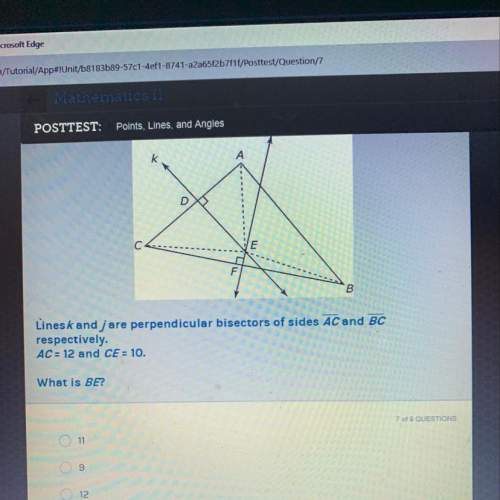Which statement is always true for a square, but not always true for a rhombus?
- two angles...

Mathematics, 19.08.2019 15:10 luffybunny
Which statement is always true for a square, but not always true for a rhombus?
- two angles are obtuse.
- all sides are equal.
- two or more angles are right angles.
- more than two sides are parallel.

Answers: 2


Other questions on the subject: Mathematics

Mathematics, 21.06.2019 15:30, dessssimartinez6780
Name these type of angles shown check all that applies
Answers: 2


You know the right answer?
Questions in other subjects:


Mathematics, 20.03.2021 04:40



History, 20.03.2021 04:40

Mathematics, 20.03.2021 04:40

History, 20.03.2021 04:40

Mathematics, 20.03.2021 04:40


Mathematics, 20.03.2021 04:40




